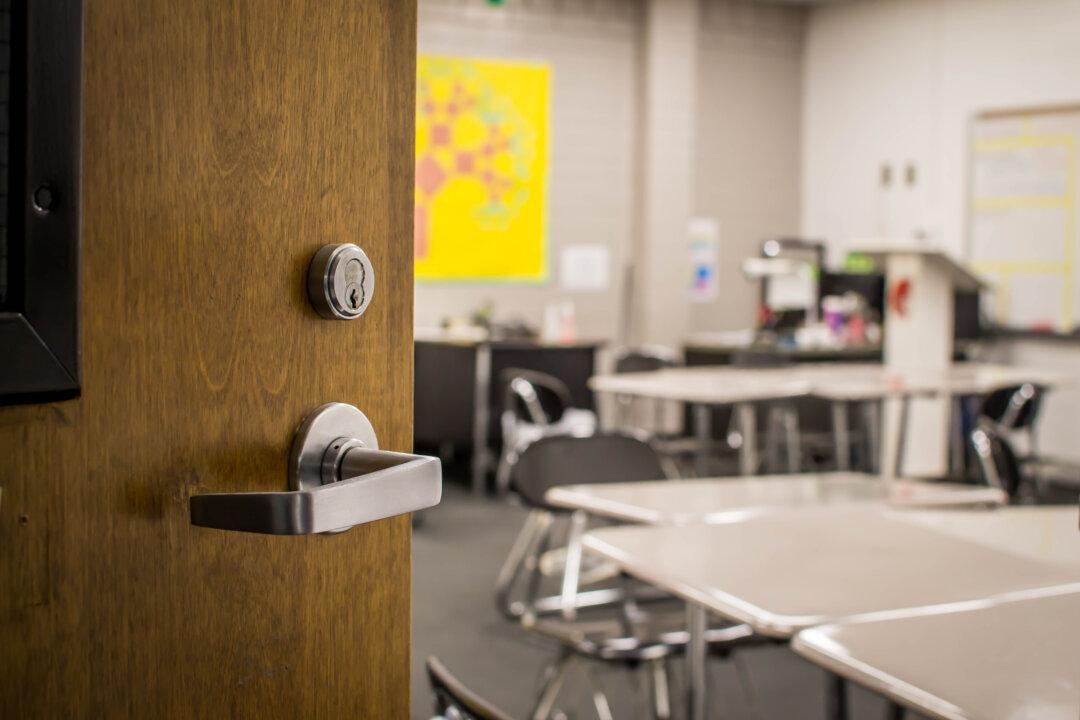Students who attended charter schools in New Jersey’s largest city showed greater improvements on standardized test scores in math and English language arts than their peers assigned to traditional district-run schools, according to a new study.
Marcus A. Winters, an associate professor at Boston University, analyzed the performance data from the New Jersey Department of Education of students attending traditional public and charter schools in Newark from the 2014–15 through 2015–16 school years. His study (pdf), released on Jan. 15 by New York City-based Manhattan Institute, a conservative, pro-school choice think tank, concluded that attending a Newark charter school “has a larger effect than 80 percent of other educational interventions that have been recently studied using an experimental design.”





